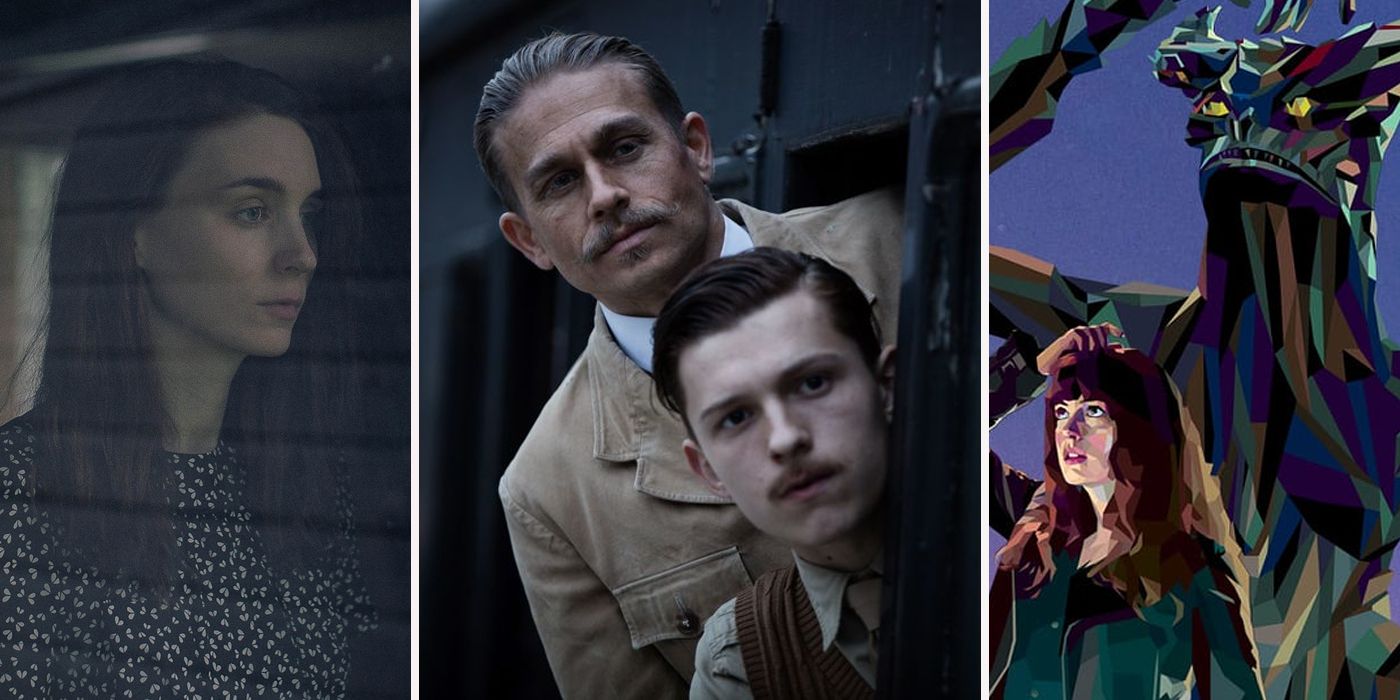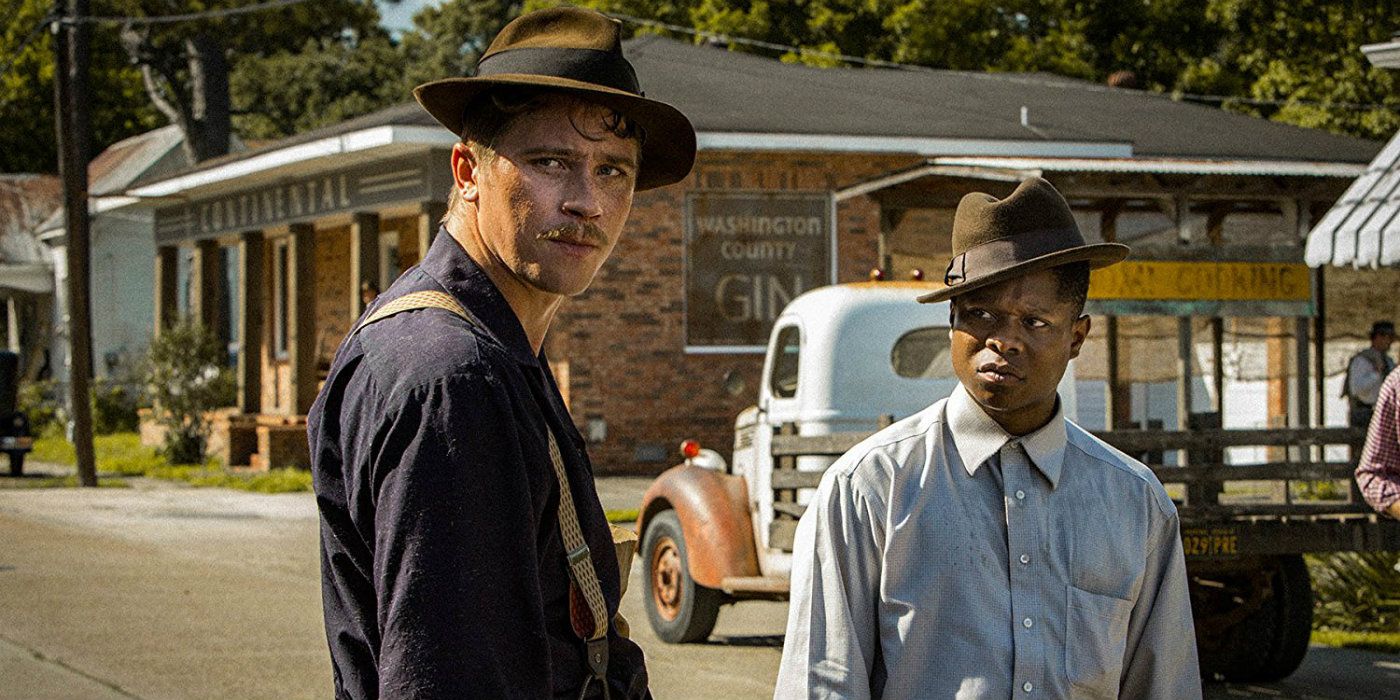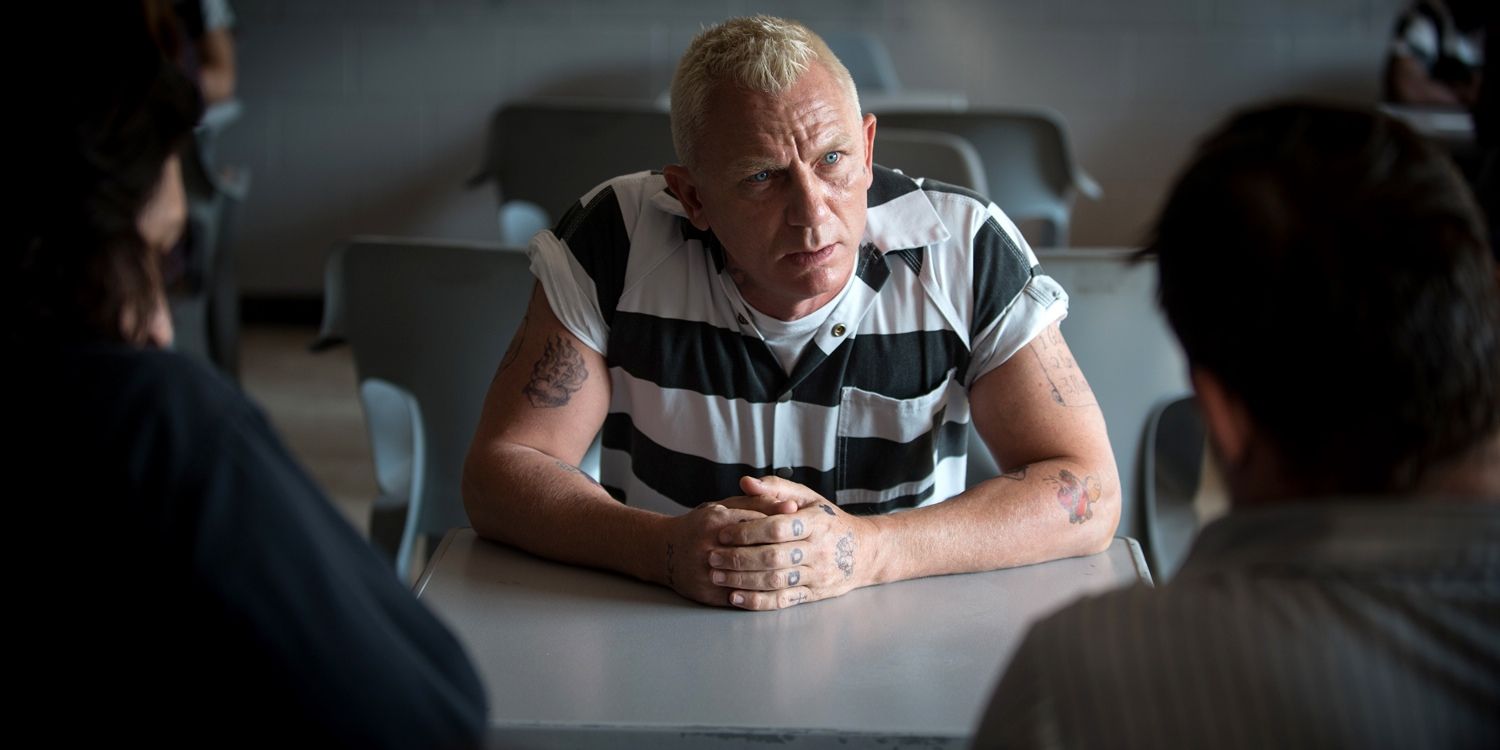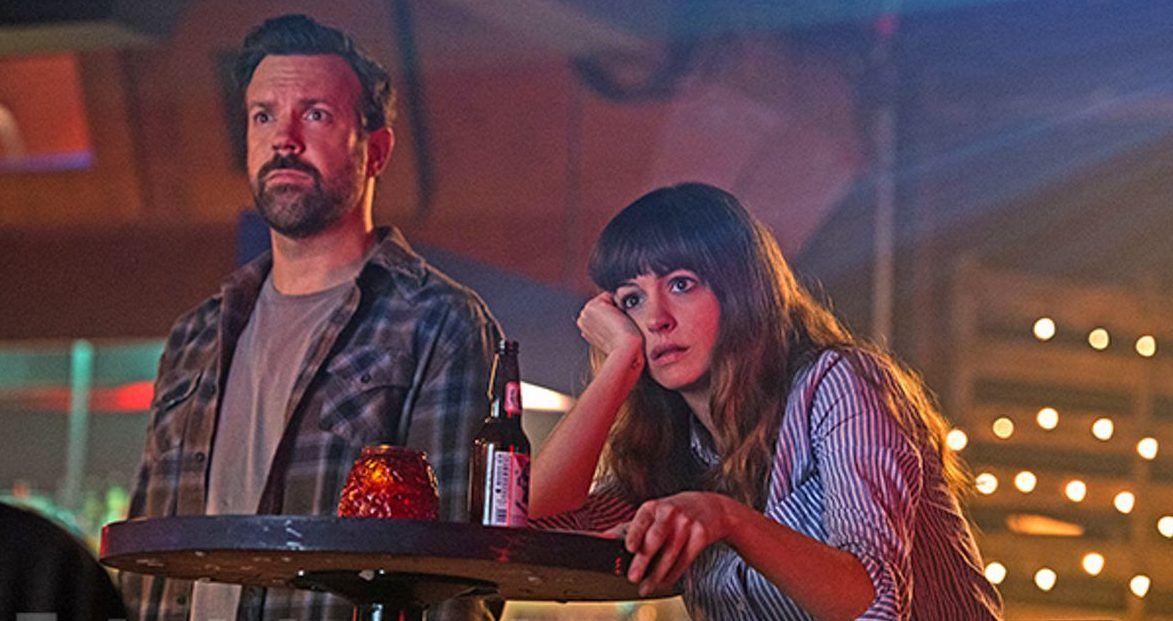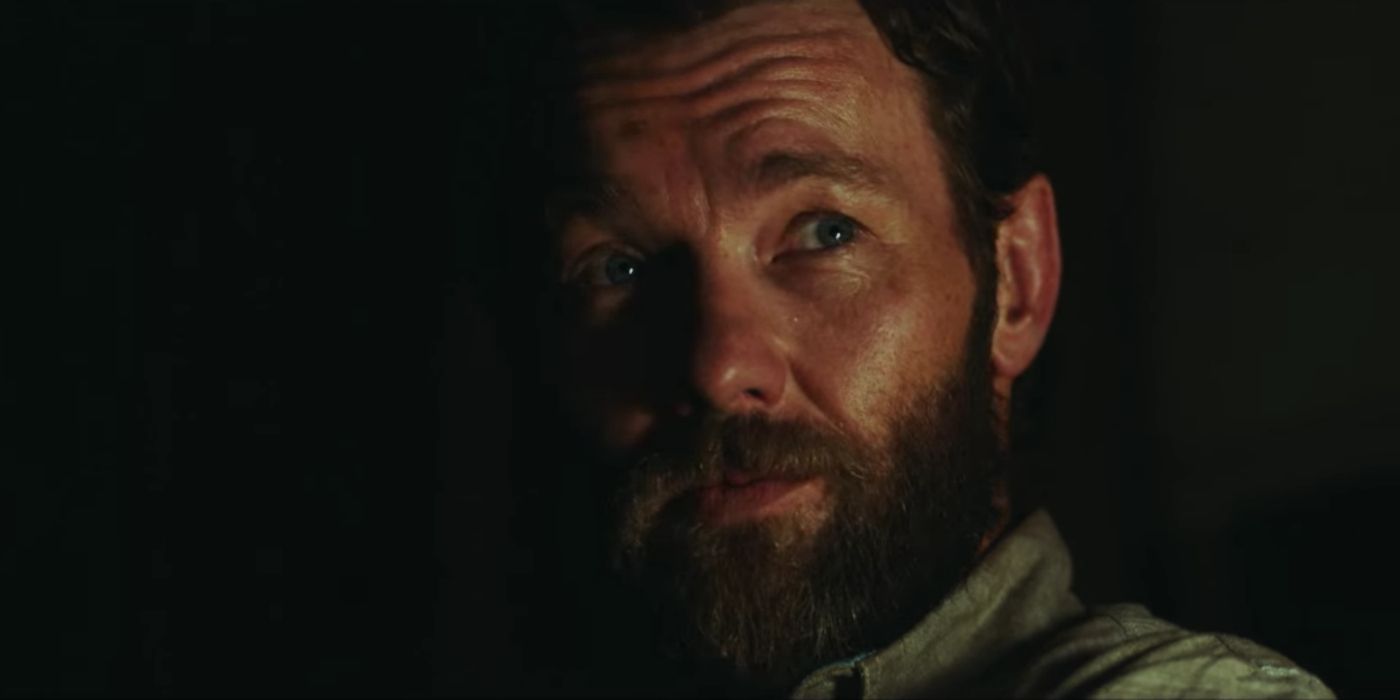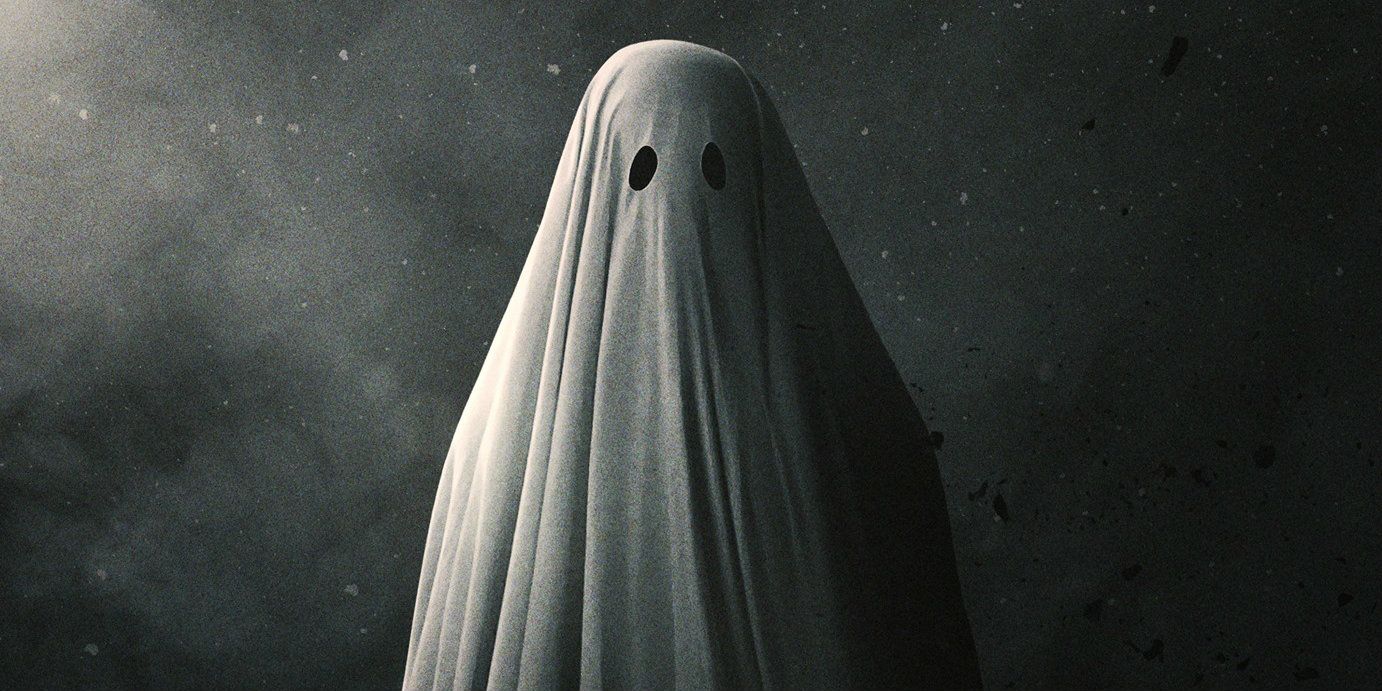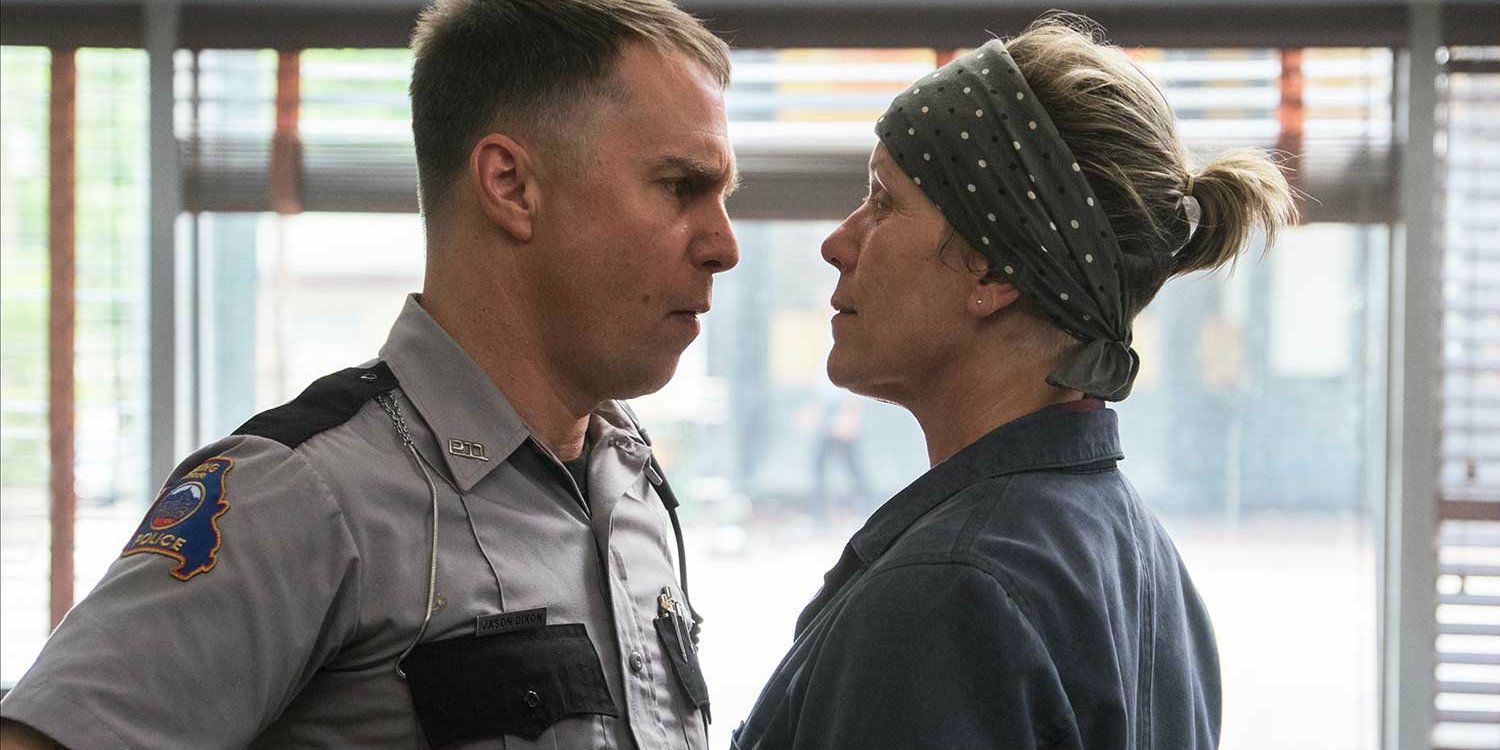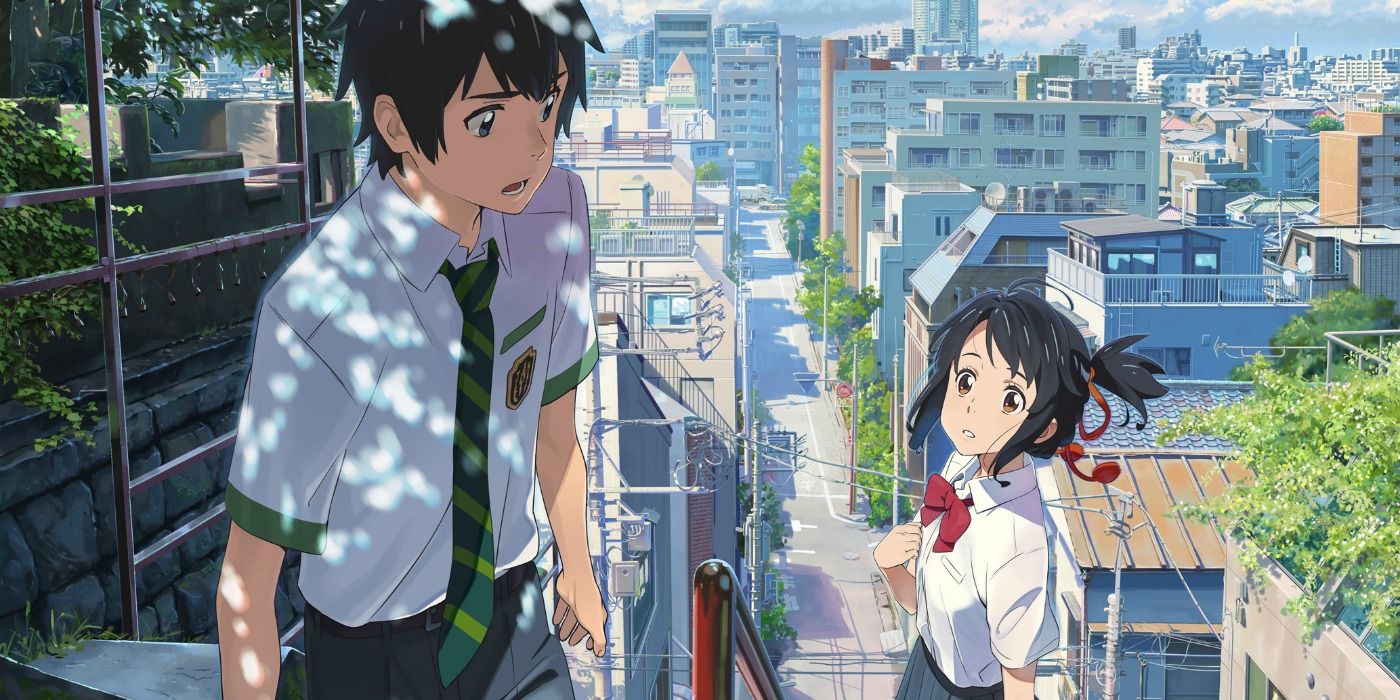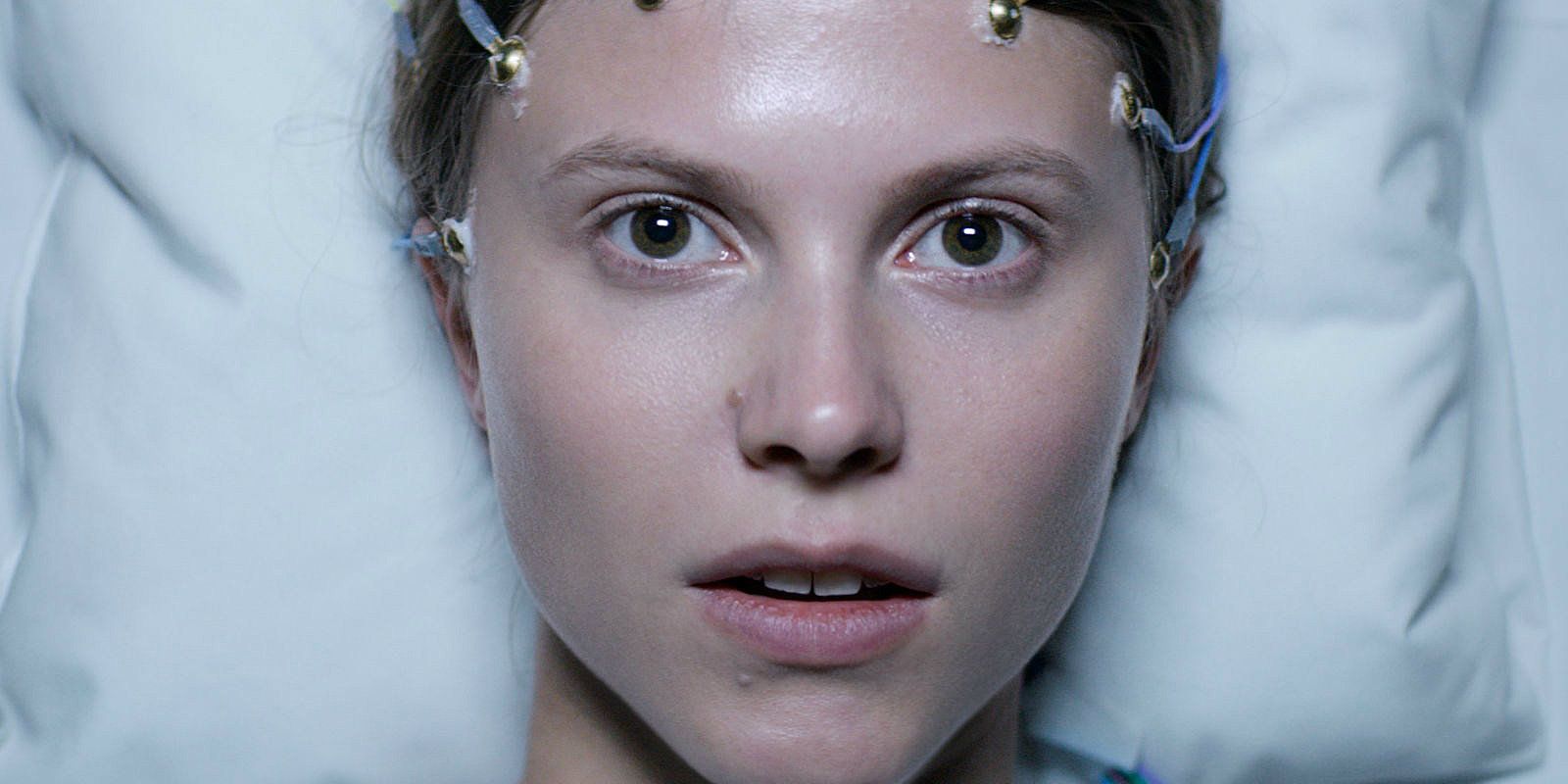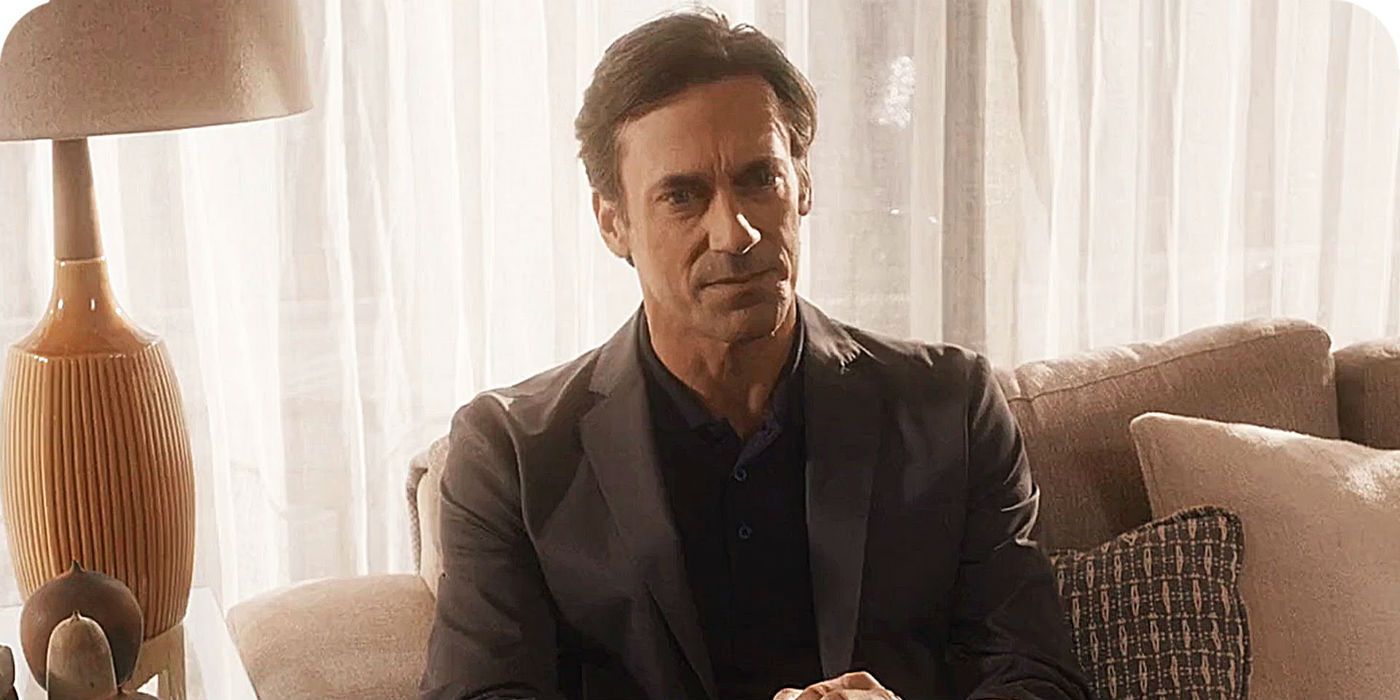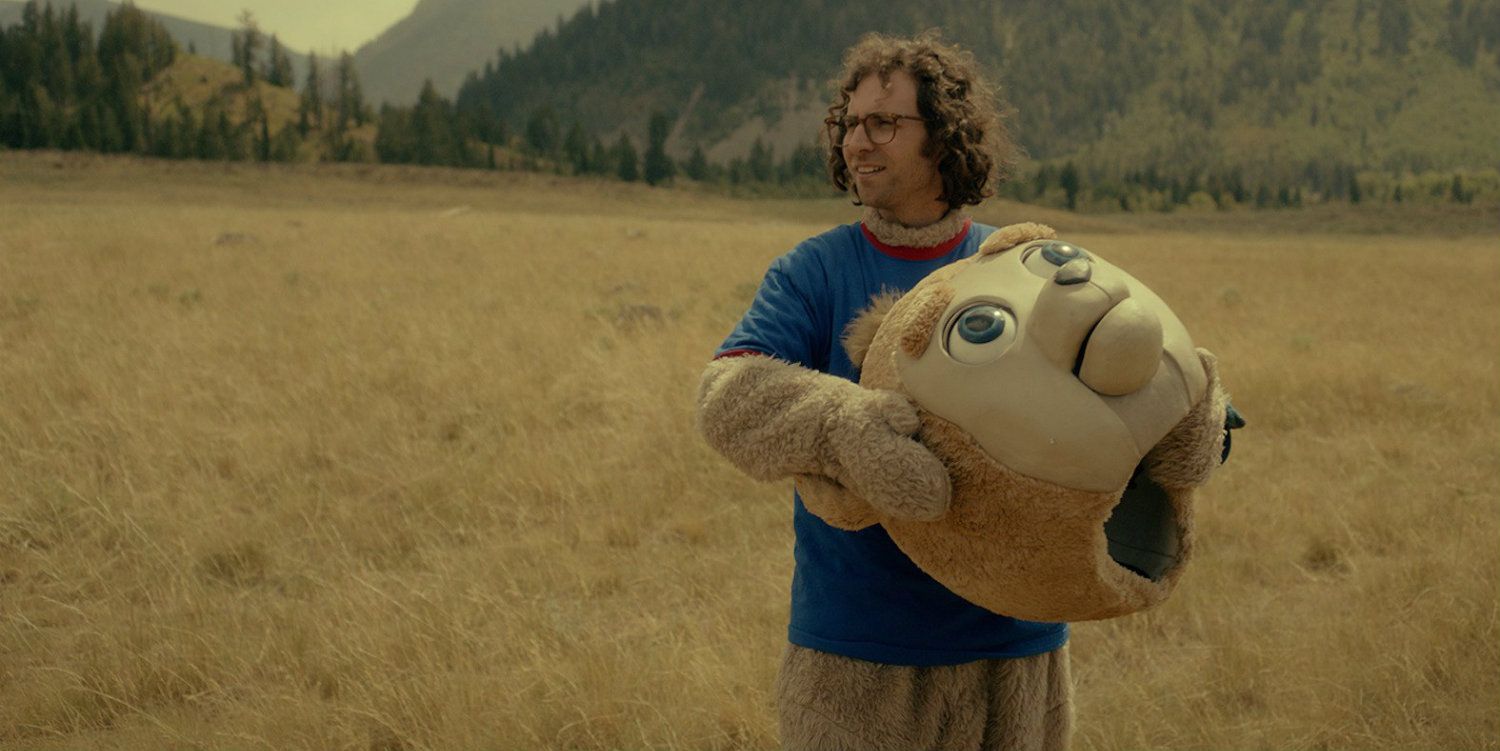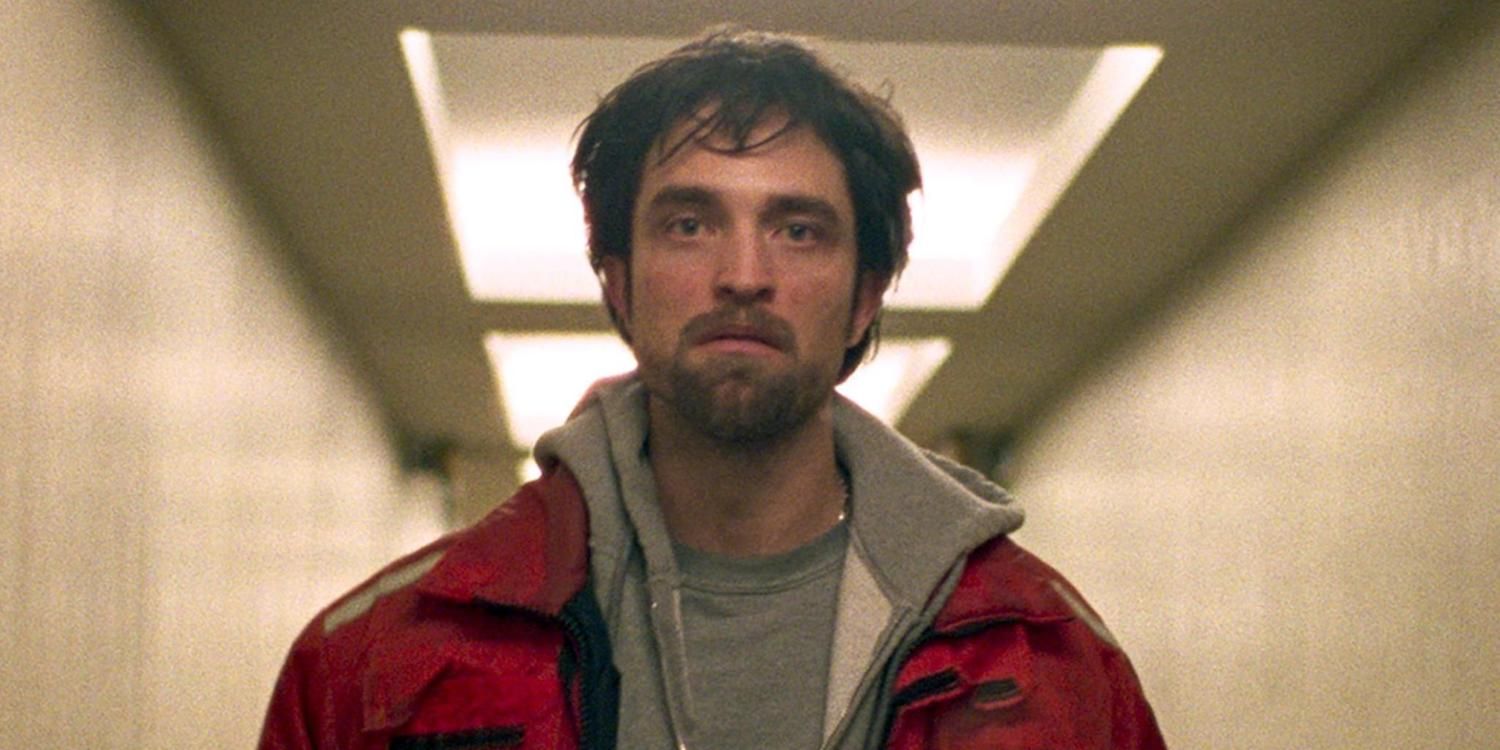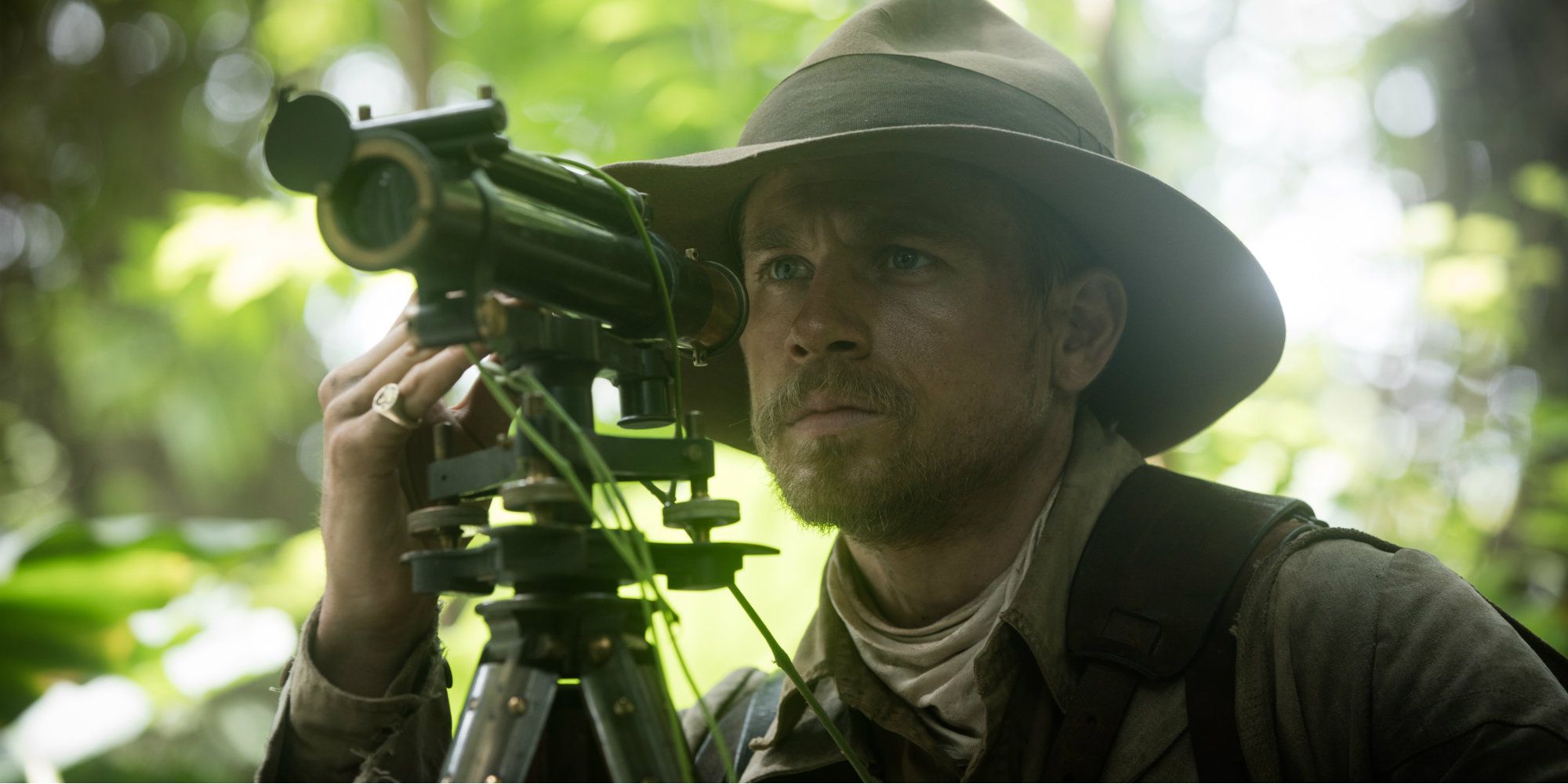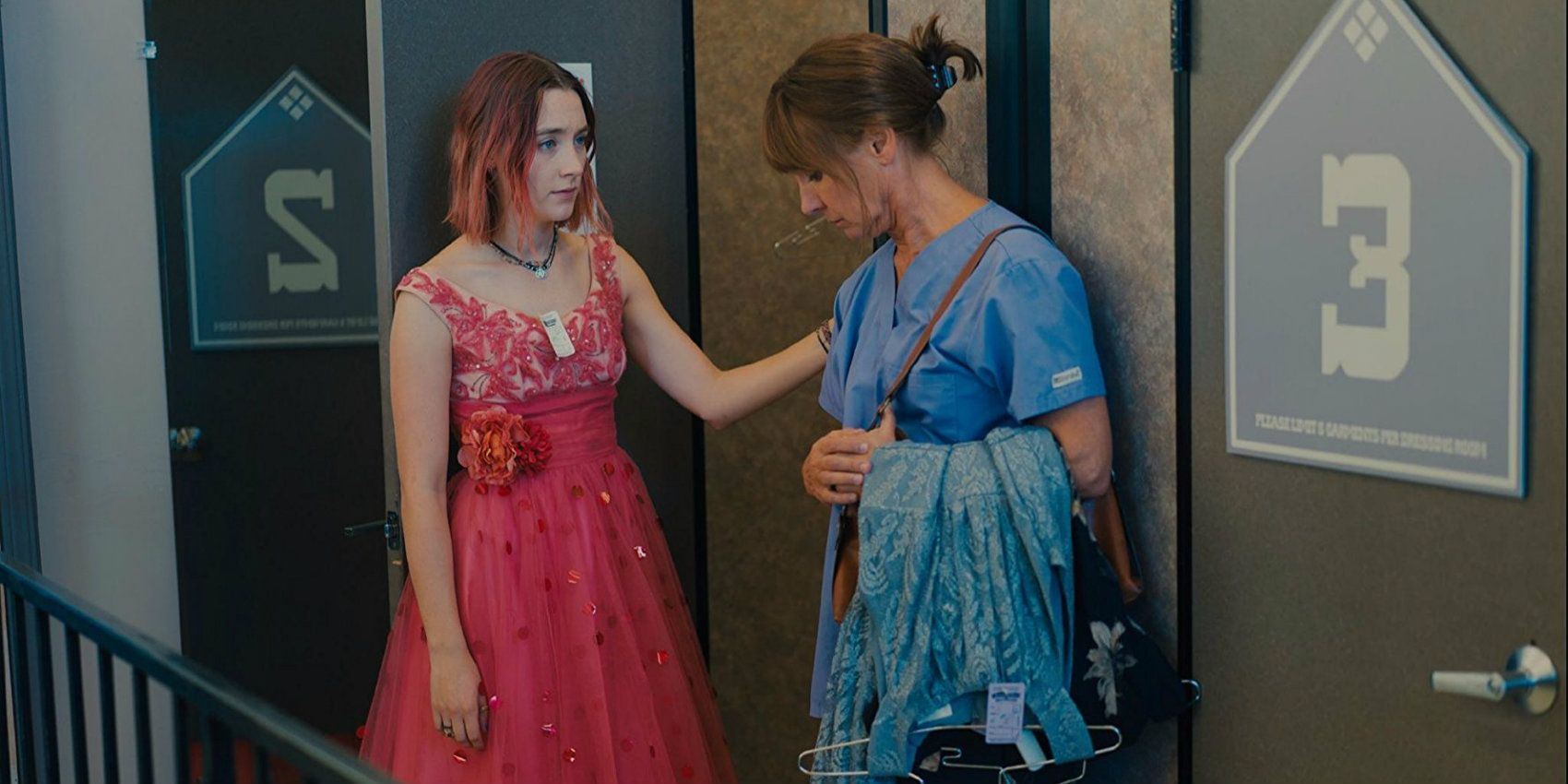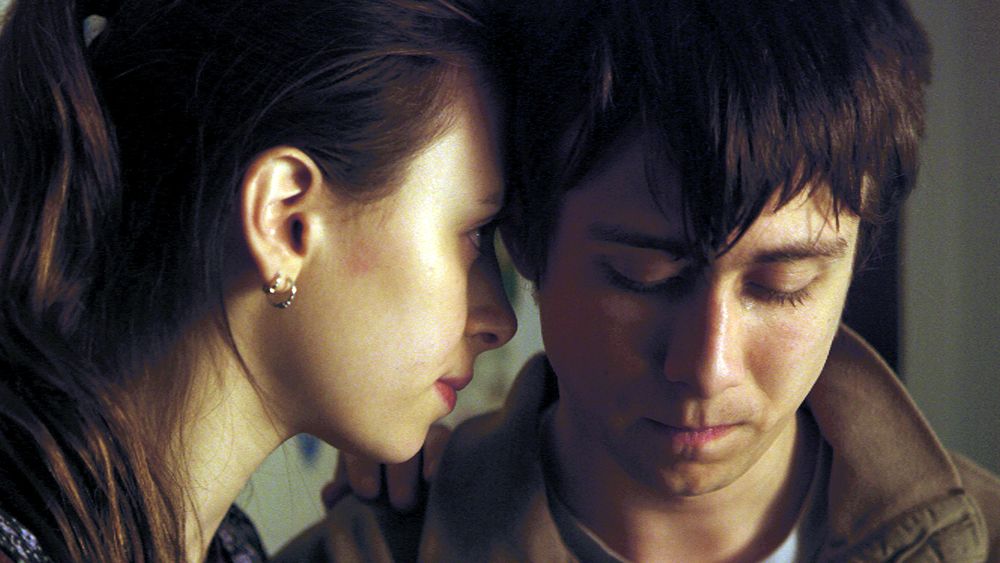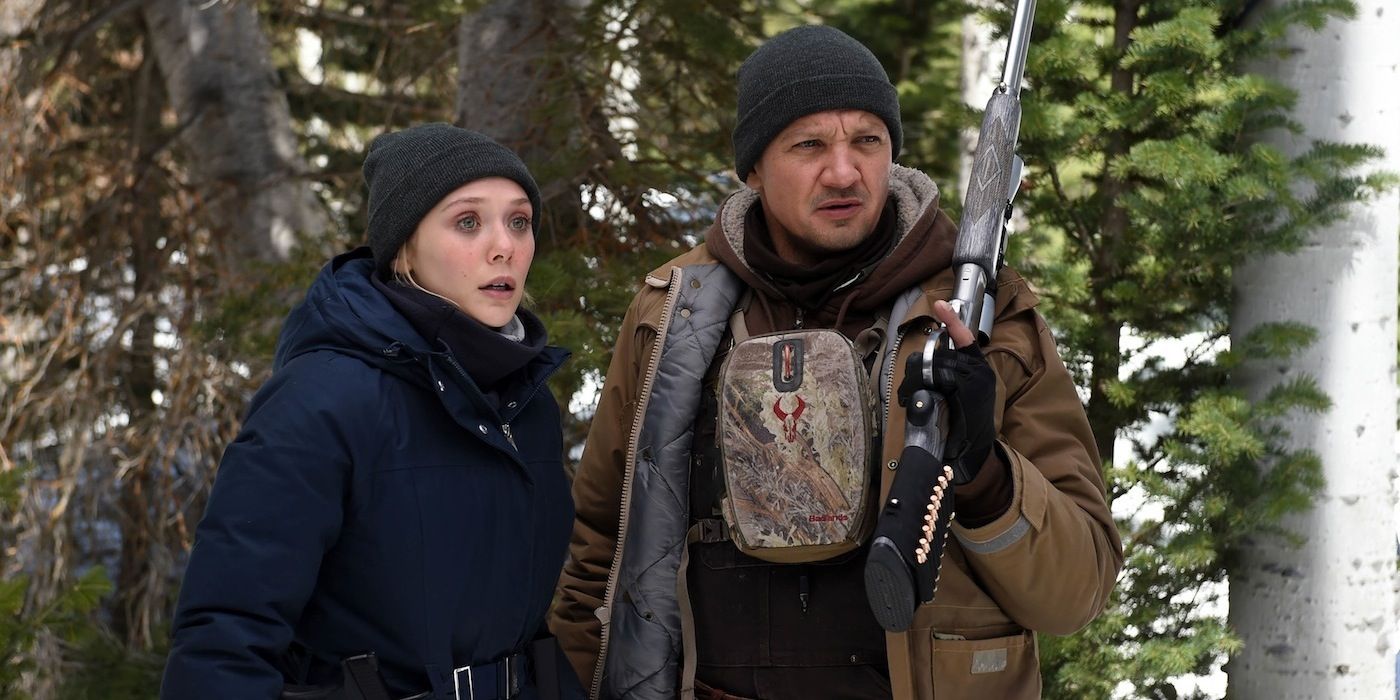Each year sees the release of amazing movies, but sometimes it’s hard to know which movies are really worth watching. Though most theaters only play major releases backed by big studios, the vast majority of films released each year come out with comparatively little fanfare, premiering at film festivals and often opening only in select theaters before hitting streaming services.
These movies tend to lack the star power and easy categorization of most blockbusters, but the best among them find creative and unique ways to make up for it, whether with tension, humor, character, thematic substance, or even sheer originality— a quality lacking in many of 2017’s big-budget studio releases.
Since they’re not blessed with the same budget for advertising and distribution as, say, the standard MCU entry, even the most acclaimed of these independent gems are easy to miss during their limited theater runs.
Some may be just too idiosyncratic and uncategorizable to advertise in the first place. However, that’s what end-of-the-year lists are good for: helping you catch up on the small-but-satisfying films that understandably flew under your radar in 2017.
So without further ado, here are the 15 Amazing Movies You Completely Missed In 2017.
Mudbound
If Mudbound isn’t already in your Netflix list, it should be. The heart-wrenching period piece distributed by the streaming service explores life in postwar Mississippi through the lens of both black and white characters coping with the residue of Jim Crow.
Among them is Jason Mitchell as Ronsel Jackson, a black sergeant who returns from the desegregated Armed Services to find progress almost hopelessly stalled in his home state.
The shifting narration seems a bit much at first, but goes a long way in showing how flawed people (especially Jason Clarke’s weak-yet-domineering wannabe farmer) can perpetuate systemic injustice or tacitly tolerate racial violence.
Also, true to the political climate of 2017, it builds to a bittersweet resolution more nuanced than other, often overly-optimistic films about Americans race relations— showing that sometimes it’s necessary to find personal happiness not by overcoming deeply-ingrained racism, but by living in spite of it.
Logan Lucky
After director Steven Soderbergh’s so-called “retirement” from film, you’d think Logan Lucky, his first movie since the short-lived hiatus, would have garnered more attention than it did— particularly since it’s so entertaining.
A playful yet affectionate portrait of heartful Appalachian hillbillies, the film stars Channing Tatum and Adam Driver as brothers who plot to rob the vault at Charlotte Motor Speedway (mirroring Soderbergh’s own Ocean’s Eleven, a parallel that does not go unnoted).
Even when the heist and plot mechanics seem a little wonky and the performances too broad or misplaced, Soderbergh infuses Logan Lucky with so much fun and filmmaking verve that it’s hard to resist— particularly when it comes to the comic set pieces and an unhinged supporting performance from Daniel Craig.
Colossal
Anne Hathaway stars as an unemployed writer who returns to her hometown and becomes embroiled in a personal power struggle with an old friend-turned-tavern owner (Jason Sudeikis).
So far this might sound similar to many indie dramedies, but it’s not. Colossal seems to take place in the real world... but for one big bit of mumbo-jumbo that blows up the characters’ small interpersonal conflicts into larger-than-life kaiju battles.
Timecrimes director Nacho Vigalondo again shows his talent for taking an outlandish premise just seriously enough to let the audience laugh while still buying into the stakes.
For anyone willing to swallow the premise, the film fearlessly blends genre to creatively, uniquely depict how truly world-altering an abusive relationship or friendship can feel to someone directly involved.
It Comes at Night
Don’t watch It Comes at Night if you’re looking for the usual jump-scare tactics. This is a brilliantly-edited but not-very-eventful horror movie more about omnipresent dread than it is about sudden scares, taking place in a post-apocalyptic world that feels real for just how little the catastrophic events leading up to it are referenced or explained.
Instead, It Comes at Night looks at what it takes to survive in such a world, through the eyes of one isolated family taking another into their home for the sake of pooling resources.
Whatever disease wiped out most of humanity is never far from the characters’ minds, but the cause of their eventual ruin is something more recognizable (and thus more affecting in the long run).
A Ghost Story
Don’t expect horror-- A Ghost Story has more in common with Tree of Life than it does with any standard haunted house tale, which is to say it provides poetic visual splendor and rewards patience. The almost dialogue-free drama stars Rooney Mara and Casey Affleck as a couple torn apart when the latter dies suddenly in a car accident.
He comes back, however, as an old-fashioned bed sheet ghost, lingering in the shadows of their old home, silently observing the love of his life as she moves on from him and the home they shared.
By telling this ghost story from the ghost’s POV, director David Lowery finds the freedom to take narrative risks other films would never dare to, overcoming the inherent silliness of its central image through sheer poignancy and painful truths about mortality.
Three Billboards Outside Ebbings, Missouri
With Three Billboards, directorMartin McDonagh-- of In Bruges and Seven Psychopaths-- turns American police brutality into another tragicomic film that takes unique pleasure in playing with audiences’ sympathies.
Frances McDormand cusses and blusters her way through a tough-yet-vulnerable turn as Mildred, who puts up a few inflammatory billboards to incite the racially-embattled local police department into solving the case of her daughter’s assault and murder. Woody Harrelson and Sam Rockwell round out the core cast as department officials neglecting duty for their own deeply personal reasons.
The story may touch on topical issues, but the plot and people involved never feel like mere stand-ins. Instead, the characters and the crime that they’re investigating are almost inconvenient in their complexity, which makes the movie feel that much more real.
Your Name
Your Name became one of the world’s most successful non-English films of all time in 2017, but it was still easy to miss here in America. This Japanese anime also works as perhaps the best body-switching movie ever made, giving the concept new plausibility and emotional resonance through the medium of dreaming.
Tokyo teen Taki and small town-girl Mitsuha find themselves inexplicably switching bodies every other day in their dreams, and soon long to meet each other despite how they mess with the rhythm of each other’s lives.
The mechanics of the switch turn out to be more complicated than anticipated, leading to Taki’s compelling quest to make this ultimate missed connection.
Beyond its moving story, Your Name also works as a staggeringly beautiful reminder of why hand-drawn animation deserves a larger place in modern moviemaking.
Thelma
Thelma is memorable, in part, because it doesn’t tell the audience how to feel. There’s an essential ambivalence to the psychological, occasionally-horrific arc of its titular character, a religious Norwegian undergraduate who becomes plagued by mysterious seizures, at around the same time as she becomes infatuated with another female student.
What begins as a coming-of-age tale imperceptibly becomes something like a possession story, but director Joachim Trier steers clear of clichés to keep viewers guessing and their sympathies split.
Religion, gender politics, and personal desire all become intertwined through nightmarish imagery— two scenes, one involving a boat and the other a strand of hair, are particularly chilling— showing the effects of Thelma’s seizures.
Their source, however, is never made explicit, making the film uniquely satisfying yet wholly open to interpretation.
Marjorie Prime
Marjorie Prime is part of a quietly-thriving modern genre that might best be labeled as “intimate sci-fi.” There are no space battles or even high-tech locations to be found here, just a small story that uses futuristic technology to illuminate aspects of aging and remembering in novel ways.
Lois Smith plays Marjorie, an old woman struggling with dementia kept company by her daughter (Geena Davis), son-in-law (Tim Robbins), and a holographic A.I. designed to mimic her late husband (Jon Hamm).
The film might perplex some audiences for its time skips and unconventional narrative, which often seem like just a series of conversations between humans and the robots learning to imitate them.
Marjorie Prime is never alarmist about technology though— rather, it seems more interested in exploring how technology can simultaneously reflect and distort humanity and memory.
Brigsby Bear
Can you tolerate Kyle Mooney, the Saturday Night Live cast member known for his mush-mouthed, insufferably awkward persona? If the answer is yes, then you have to watch Brigsby Bear.
Mooney is surprisingly well-cast as a clueless teen adjusting to normal life after being rescued from parentally-inclined kidnappers who kept him confined with tall tales of global apocalypse— a sort of comical spin on the plot of Room.
Brigsby Bear takes its readjustment process in a wholly different direction, however, as Mooney’s character becomes obsessed with filming a conclusion to a fake TV show that his fake-dad made for him.
While his real parents bristle at this reminder of their son’s tragic past, Brigsby Bear comes to a conclusion more sympathetic to media-obsessed weirdoes— showing how the TV shows and movies that we use to isolate ourselves can also help us connect with others.
Good Time
Robert Pattinson shakes off all remaining baggage from his time as Twilight’s sparkly heartthrob in Good Time, a consistently tense crime tale that feels more modern and recognizable than almost any other.
He plays low-life New York hustler Connie, who pressures his mentally-challenged brother (Ben Safdie, who also directs with his brother Josh) into a bank robbery that quickly goes awry.
With his brother in custody, Connie uses his charms and knack for lying to try and obtain bail through any means possible, though more often his actions only complicate matters and hurt those who try to help him.
Neon-bright night lighting and a pulsing electronic score by Oneohtrix Point Never help make Connie’s clever navigation of a distinctly 21st century criminal underworld even more compelling.
The Lost City of Z
It was a good year for Robert Pattinson. Here, he’s just a colorful supporting character travelling with real-life British explorer Col. Percival Fawcett (Charlie Hunnam), as he goes down the treacherous Amazon River in search of a lost city that most of his contemporaries deny exists.
Fawcett’s sometimes-Quixotic efforts are always fascinating to with, especially for how they go against both modern wisdom and the poignant wishes of his devoted wife.
This retelling from director James Gray is rich with period detail and visual splendor in sequences set in both the UK and the untamed Amazonian rainforest— resulting in a thematically-interesting, consistently entertaining, and uniquely-plausible adventure tale that might have been an all-ages hit in another world.
The Lost City of Z is another quiet triumph for Gray, exploring ideas of ambition, aristocratic hypocrisy, familial obligation, and more.
Lady Bird
Actress Greta Gerwig hits her directorial debut out of the park with a female coming-of-age tale that finds time to perfectly capture many essential parts of graduating high school— most memorably, obsessively hating one’s hometown and finding peace in upsettingly-complex familial relationships.
Saoirse Ronan plays the titular character— real name Christine— who grapples with confusing romances, superficial friendships, real friendships, college applications, and shame for her family’s relative poverty— rarely depicted so strongly in Hollywood.
However, of all the territory explored in Lady Bird, none is more affecting than the mother-daughter relationship, defined by both constant criticism, passive-aggressive guilt tripping, emotional withholding, and— last but not least— deep understanding.
Like everything else in the film, Lady Bird’s relationship with her mom is exceedingly complicated, and thus, recognizably real.
Super Dark Times
Too many movies make traumatic events seem oddly predictable. Super Dark Times is rare in that it makes a horrific inciting incident feel like it truly comes out of nowhere, irreversibly darkening the lives of two teen best friends, wonderfully played by Owen Campbell and Charlie Tahan.
Early scenes paint a recognizably crass and aimless portrait of teenage male bonding, while stark cinematography and a slowly-probing camera hint at the troubles to come.
Without giving away too much, Campbell completely sells his arc of encroaching paranoia, whether navigating high school social minutiae or wandering through the film’s memorably-staged dream sequences.
Though the climax and resolution don’t quite live up to the non-movie-realness that came before, Super Dark Times is still a promising debut feature from director Kevin Phillips.
Wind River
After penning one movie highlighting the forgotten masses still hurting from the housing bubble burst, Taylor Sheridan directs another bringing attention to another overlooked segment of American society: Native Americans.
On Wyoming’s Wind River reservation during a desolate and desolately-photographed winter, US Fish and Wildlife Service agent Cory Lambert (Jeremy Renner) guides an out-of-her-element young FBI agent (fellow Avenger Elizabeth Olson) through the investigation into a native woman who was assaulted and froze to death while fleeing her captors.
The film turns out to be just as cheery as its premise, but the solemn weight of tragedy that hangs over the film— affecting even the characters who exist on the fringes of the plot— feels appropriate rather than overbearing for this real-world subject matter involving such a marginalized group.
---
Have you seen any of these movies? Can you think of any others that most audiences completely missed? Let us know in the comments!

